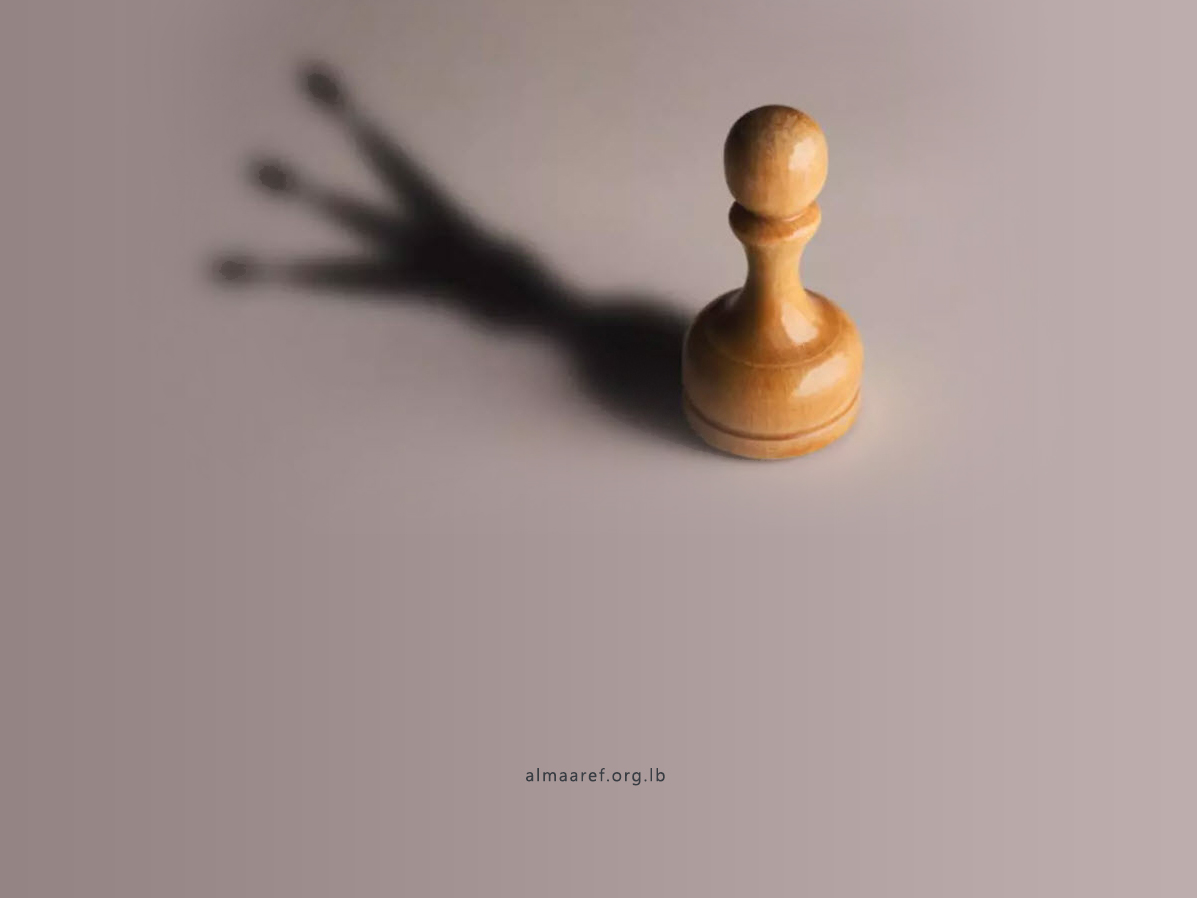Self-accounting has a great importance regarding the readiness and preparations of a believer to face the hereafter account and its horrible fears. Then it is important for supplying himself with good deeds that save and please him in the hereafter.
Therefore, texts that encourage self-accounting with wise and eloquent ways are many:
Al Imam Al Sadeq (a.s) says:” Account yourselves before being accounted for because on the day of judgment, there are 50 situations, each which measures one thousand years in life. Then he recites the verse:” In a day the measure of which is fifty thousand years”. [1] [2]
Al Imam Zain Al Abideen (a.s) says:” O son of Adam, you’re still well as long as you are your admonisher and accounting is among your interests…”. [3]
How Accounting Happens
It was said:” O the Commander of the Faithful, how does a man account himself? So he (a.s) says:” If he turns back to himself when he wakes and sleeps, and says: O oneself, this is a day that passed and won’t turn back, God almighty will ask you how you spend it. What did you do during it? Have you remembered God or thanked Him? Have you fulfilled the right of a believing brother? Have you relieved him of his distress? Have you protected him in the absence of his family and his son? Have you defended him after death through his leftovers? Have you stopped backbiting a believing brother because of your honor? Did you help a Muslim? What did you make for him? So he mentioned what he did during the day. If he mentions a good deed, he thanks God and glorifies Him for giving him this luck. If he mentions a sin or negligence, he asks God almighty for forgiveness, decides not to repeat this sin and abstain from that through asking God to send blessings for the honorable prophet and his family, pledge his allegiance to the Commander of the faithful and curses his enemies and those who prevented him from his rights. So if he does this, God almighty says:” I do not argue with you with any sin with your support to my guardians and your enmity for my enemies”. [4]
What should you Account yourself for:
Performing worships
The first point that a man should account himself for is performing worships that God almighty has commanded people to perform such as prayer, fasting, pilgrimage, Zakaah (the obligatory tax that every Muslim must give).
Commiting Sins and Faults
Accounting oneself for committing sins, faults and the forbidden. The Prophet (pbuh) is the highest example of self-accounting and warning against minor sins and their insignificance. Al Imam Al Sadeq (a.s) says:” The Messenger of God once landed in a bare land where there is no wood, and said to his friends: bring us wood. They answered: O God’s messenger, we are in a bare land where no wood is found. So he (pbuh) answered: Let each person bring what he is able to. So they brought him that and threw wood in his hands, one on the other. So the Messenger of God (pbuh) said:” This is how sins are gathered”. Then he said:” Be cautious of belittling sins because God almighty will ask you about them and he almighty says:” We record what they send before (deeds) and what they left behind, ey send before and that which they leave behind, and of all things have We taken account in a clear Book”. [5] [6]
Wasting the Opportunity of a Lifetime
You should always account for yourself not to waste the opportunity of a lifetime that God almighty has bestowed us with. A lifetime is the specified time that a man cannot expand it:” And for every nation is a [specified] term. So when their time has come, they will not remain behind an hour, nor will they precede [it]”. [7]
For that, we got some recommendations from the prophet’s family (pbuh) that clarify the valuablessness of a lifetime and the importance of exploiting and directing it towards what provided a man happiness and rest in his present and future life. We mention from them the following:
The prophet (pbuh) says:” O Aba Zarr, be greedier in your life time (life span), more than of your gold and silver”. [8]
The Commander of the Faithful (a.s) also says:” Life consists of three days: a day spent with what it has and will never come back, a day you are present in and you should exploit it, and a day that you don’t know if you will be among his people. You may die on that day. So the past day is wise and polite, the present day is a leaving friend, and you have the ability to be hopeful in it".
He (a.s) also says:” No day passes unless it says for the son of Adam: I am a new day and I am a witness so say good and do good to bear witness on the Day of Judgment because you’ll never see me after now”. [9]
It was narrated that a man came to Al Imam Ali bin Al Hussein (a.s), complaining his situation and said:” The son of Adam is miserable, he faces everyday 3 afflictions that he doesn’t learn a lesson from any of them despite that if he learns the needed lesson, he would face life and its misfortunes in an easier way. The first misfortune: the day that passed from his life span. He (a.s) says: if his money decreases, he feels depressed despit knowing that a Dirham can be compensated and lifetime cannot be turned back. The second misfortune is that he gets his livelihood. If it’s lawful he will be accounted for and if it's unlawful he will be punished for. The third is greater than that. So the man asked: what is it? Al Imam answered:” Every day passes, a man is closer to the journey of the hereafter without knowing if his destiny is paradise or hellfire”. [10]
Man and Society, Al Maaref Islamic and Cultural Institution
[1] Surah Al Sajdah, verse 5
[2] Al Sheikh Al Mufed, Al Amali, previous source, part 1, page 329
[3] Al Tusi, Al Sheikh Mohammad bin Al Hasan, Al Amali, Investigations of Islamic Studies Part, Al Ba’tha Organization, The Culture Publishing House for for printing, publishing and distribution, Iran- Qom, 1414 A.H, 1st floor, page 115
[4] Al Allama Al Majlisi, Bihar Al Anwar, previous source, part 67, page 70
[5] Surah Yassin, verse 12
[6] Al Allama Al Majlisi, Bihar Al Anwar, previous source, part 70, page 346
[7] Surah Al A’raf, verse 34
[8] Al Allama Al Majlisi, Bihar Al Anwar, previous source, part 74, page 76
[9]
[10] Al Sheikh Al Kulayni, Al Kafi, previous source, part 2, oage 523



















